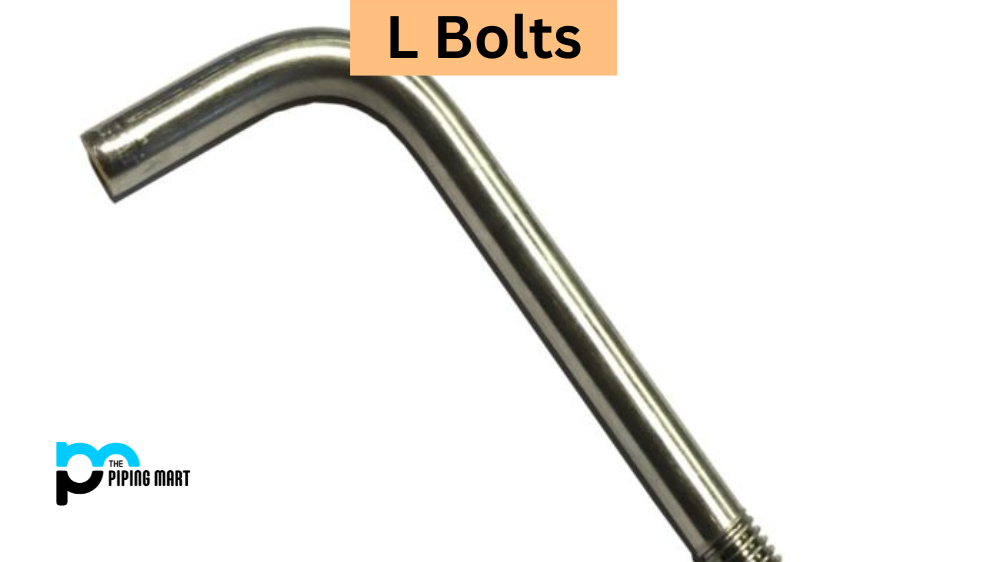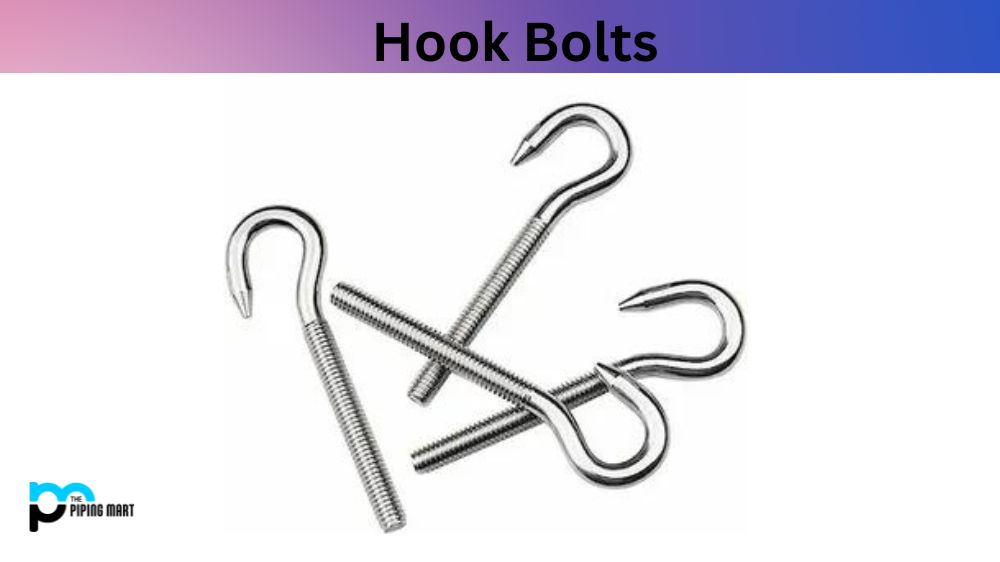If you’re a DIYer or someone who regularly works with bolts and nuts, you may have heard of a “square nut.” But what is a square nut, and why would you need one? This blog post will explain everything you need to know about square nuts and why they might be the perfect solution for your project.
A regular hexagonal or hex nut is the most common type of nut you’ll come across in any hardware store. They are the standard shape used to secure bolts and screws. However, there are some projects where it’s not feasible to use a regular hex nut due to space constraints or other factors. That’s when a square nut comes in handy! It is designed differently than a regular hex nut, with two flat sides instead of six curved sides like its hexagonal counterpart. This makes it easier to fit into tight spaces without compromising the strength of the joint.
Square nuts also offer better load-bearing capacity than their hexagonal counterparts because they can help distribute pressure more evenly across the surface. This makes them ideal for applications with extra pressure on one side of the bolt or screw – such as in a motor mount application – as it helps to prevent over-tightening that could lead to stripping out the threads of your fastener. Furthermore, square nuts will not rotate when tightened as their round counterparts do; this makes them great for holding parts in place that shouldn’t move – like an engine block or transmission housing.
Square Nut Properties
Square Nuts are More Stable
One of the primary benefits of square nuts is that they are more stable than round nuts. This means they are less likely to loosen over time, which can be a major problem with round nuts. Additionally, square nuts are less likely to roll away when you drop them, making them easier to keep track of.
Square Nuts are Easier to Install
Another benefit of square nuts is that they are easier to install than round nuts. This is because you can line up the corners of the nut with the holes in the object you attach. With round nuts, you have to align the nut perfectly in the centre of the hole, which can be difficult.
Square Nuts are More aesthetically Pleasing
In addition to being more functional than round nuts, square nuts also tend to be more aesthetically pleasing. They have a more modern look and feel than round nuts. Additionally, square nuts can be found in a variety of colours, which gives you more options when it comes to matching them to your project.
Square Nuts are Stronger
Another advantage of square nuts is that they are stronger than round nuts. This means they can better withstand high levels of stress and force without breaking or becoming damaged. Additionally, square nuts are less likely to strip when you tighten them, which is a common problem with round nuts.
Square Nuts are More Versatile
One final benefit of square nuts is that they are more versatile than round nuts. This is because they can be used in various applications where round nuts would not work. For example, square nuts can be used in projects with limited space, such as in tight corners or small crevices.
Square Nut Uses
Square nuts are an essential component for many industrial machines and vehicles. They are commonly used in construction, automotive engineering, and mechanical systems. Square nuts provide more surface area for two parts to connect than a typical nut, increasing the connection’s strength, and making them especially vital in applications requiring heavy-duty fastening. When used alongside bolts or screws with square heads, square nuts can efficiently secure significant components together. Their increased strength also helps resist vibration, which can cause standard bolts to loosen over time. Square nuts can be used in indoor and outdoor settings, making them useful and versatile in various industries.
Square Nut Dimensions
| Thread size d |
M5 | M6 | M8 | M10 | M12 | M16 | |||
| P | 0,8 | 1 | 1,25 | 1,5 | 1,75 | 2 | |||
| dw | min. | 6,7 | 8,7 | 11,5 | 14,5 | 15,5 | 16,5 | 17,2 | 22 |
| e | max. | 11,3 | 14,1 | 18,4 | 22,6 | 24 | 25,4 | 26,9 | 33,9 |
| min. | 9,93 | 12,53 | 16,34 | 20,24 | 21,54 | 22,84 | 24,02 | 30,11 | |
| m | Nominal size max. | 4 | 5 | 6,5 | 8 | 10 | 13 | ||
| min. | 3,52 | 4,52 | 5,92 | 7,42 | 9,42 | 12,3 | |||
| mw | min. | 2,5 | 3,2 | 4,1 | 5,2 | 6,6 | 8,6 | ||
| s | Nominal size max. | 8 | 10 | 13 | 16 | 17 | 18 | 19 | 24 |
| min. | 7,64 | 9,64 | 12,57 | 15,57 | 16,57 | 17,57 | 18,48 | 23,16 | |
| weight kg/1000pcs |
1,31 | 2,77 | 5,5 | 10,7 | 13 | 16,3 | 19,1 | 38,2 | |
Conclusion:
Square nuts are an excellent alternative for anyone who needs a reliable way to fasten bolts and screws into tight spaces or under high loads. They offer superior load-bearing capacity than their hexagonal counterparts and won’t rotate when tightened, making them ideal for applications where precision is essential. So if you’re looking for an easier way to secure those hard-to-reach places in your DIY project, consider using square nuts!

A passionate metal industry expert and blogger. With over 5 years of experience in the field, Palak brings a wealth of knowledge and insight to her writing. Whether discussing the latest trends in the metal industry or sharing tips, she is dedicated to helping others succeed in the metal industry.




